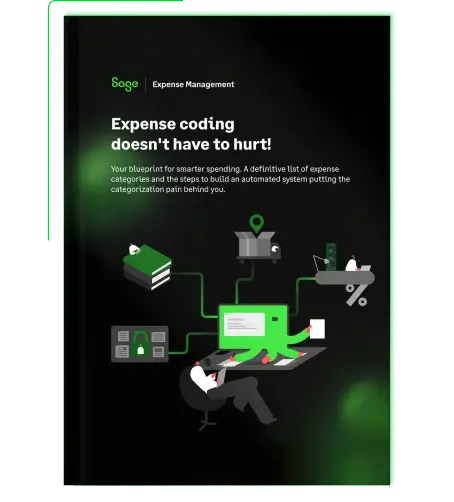 4.6/51670+ reviews
4.6/51670+ reviewsBusinesses may choose to support political candidates, parties, or causes that align with their interests. However, when it comes to taxes, it is absolutely crucial for accountants and business owners to understand that these expenditures are not treated as ordinary business expenses.
The IRS has definitive and strict rules that make political contributions non-deductible. This guide explains what the IRS considers a political contribution, its tax implications, and how to track these payments to ensure your business remains fully compliant with the law.
Political contributions are not a deductible business expense category. IRS Publication 535 explicitly states that you cannot deduct contributions or gifts paid to political parties or candidates.
These costs must be carefully segregated in your accounting system to ensure they are not inadvertently claimed as business expenses, such as advertising or charitable giving. On your company's books, they should be tracked in a specific equity or non-deductible expense account.
The IRS definition of a political contribution is broad, encompassing both direct and indirect support.
The rule of non-deductibility applies to more than just writing a check to a campaign. According to Publication 535, you also cannot deduct the cost of:
It's important to distinguish between political contributions and lobbying expenses.
While both are generally non-deductible, they are governed by slightly different sections of the tax code. Correctly identifying the purpose of the payment is key to proper accounting.
The primary tax implication for political contributions is their non-deductibility. There is no tax benefit for making these payments.
You do not report political contributions as a deduction on any business tax return (e.g., Schedule C, Form 1120, etc.). They must be excluded from your deductible expenses. Claiming a deduction for these costs can lead to adjustments and penalties during an IRS examination.
Even though they are not deductible, you must keep clear records of all political contributions to prove they were correctly excluded from your business expense totals. Your records should include:
Sage Expense Management helps you correctly identify and segregate non-deductible political contributions, ensuring they are not accidentally claimed on your tax return.





